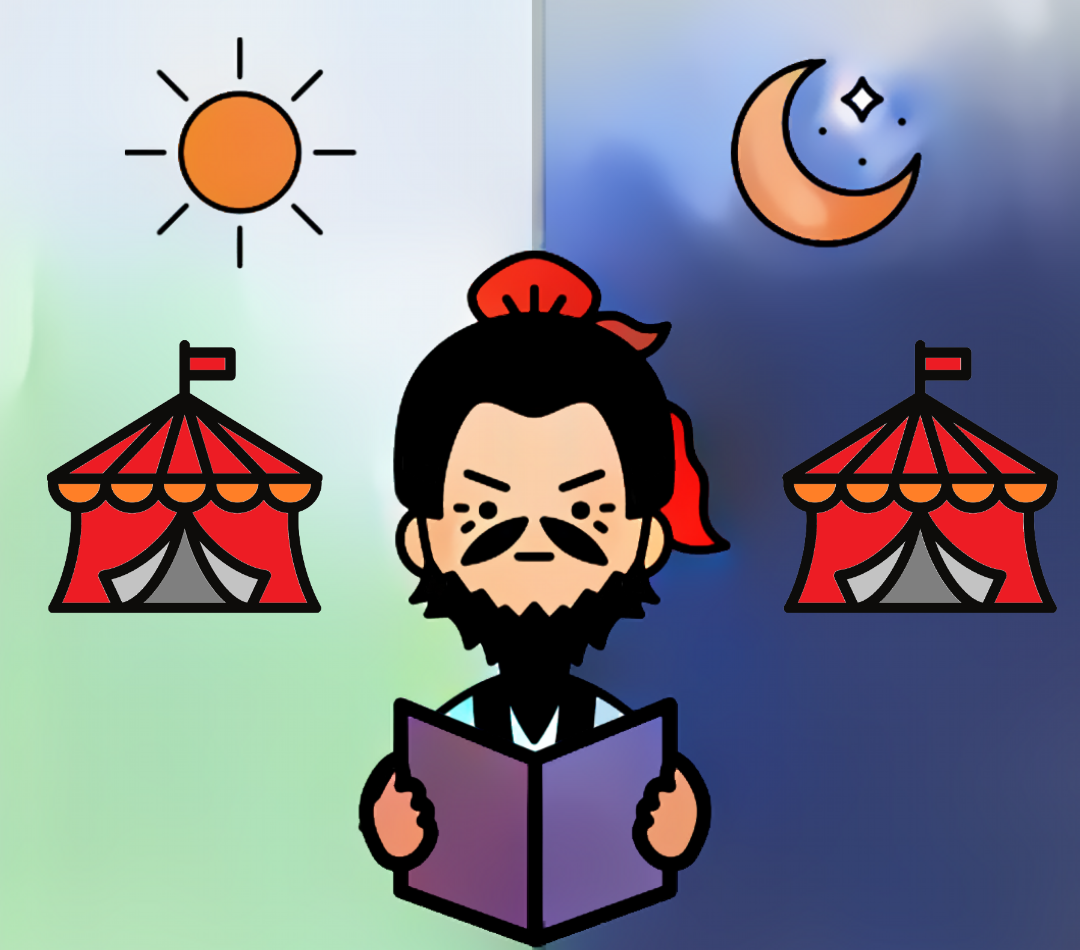Read paragraph 1.
"During the Three Kingdoms Period, there was a military general called Lu Meng."
Read paragraph 1.
"Despite his bravery and achievements in battles, he did not like reading. It was difficult for him to widen his knowledge."
Read paragraph 2.
"The king said, 'You are now the military leader. Try to read more military books and history books. These books help equip you with military knowledge and skills.' "
Read paragraph 3.
"After listening to the king’s advice, Lu Meng held back and said, 'My king, I have to handle a mountain of complicated issues in the army. I'm afraid I won't be able to spend time reading books.' "
Was Lu Meng’s workload much heavier than the King of Wu's?
Did the king recommend any books to Lu Meng?
What did the king expect Lu Meng to gain through reading?
Did the king spend time reading when he was busy?
Read paragraph 6.
"He said, 'You can first study some military classics such as Sun Tzu and Liu Tao, and then read some history books such as Zuo Zhuan and Records of the Grand Historian. You can learn from the past experience and broaden your horizons by reading these books.' "
Read the sentences carefully to understand their meanings.
Read paragraph 6.
" 'In the past, King Guangwu of Han always held a book in his hand, even when he was fighting in a war.' "
Read paragraph 7.
"He became a capable director general with remarkable intelligence. His incisive opinions on military issues impressed knowledgeable ones."
Holding a Book in the Hand All the Time
Score Sheet
| Questions | Results |
|---|---|
| Question 1 | |
| Question 2 | |
| Question 3 | |
| Question 4 | |
| Question 5 | |
| Question 6 | |
| Question 7a | |
| Question 7b | |
| Question 7c | |
| Question 7d | |
| Question 8 | |
| Question 9 | |
| Total |
10. What is the moral lesson of the story? Based on the story, which Chinese saying can you think of?
Extension Activity
Watch the video clip "Chinese Culture in Africa's Tanzania", which is about a teacher from China called Li Ya Ya who shares her language, cuisine and culture with the young people in Tanzania, a country in East Africa.
Acknowledgements: The China Current
https://chinacurrent.com/story/23805/chinese-culture-in-africas-tanzania
What does the teacher Ya Ya teach her students? How can the young people in Tanzania improve their lives after learning from Ya Ya? After reading the Chinese story and watching the video, can you tell the importance of education? How does reading influence your learning? Think and share your ideas or experiences with your parents or classmates.
